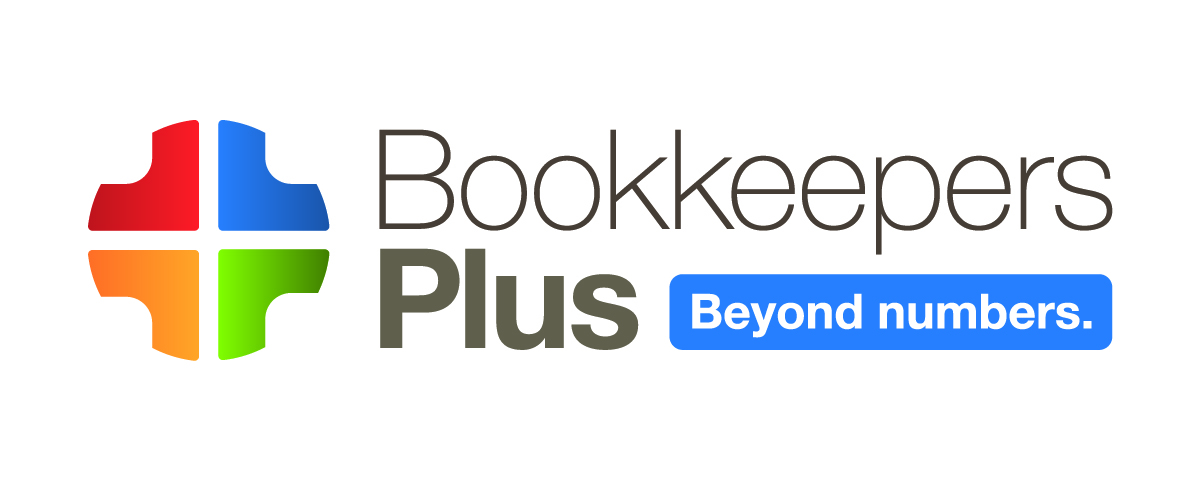Business Accounting: Focused on the Details
/“Business” starts with “busy.” Business owners have so much going on that the temptation to cut corners can be quite alluring. However, business accounting – done correctly – is all about the details – at least to start. For this reason, business owners are sometimes the worst choice to staff the bookkeeping function.
Cutting corners in your bookkeeping, company accounting, payroll process, and any financial management of your company could spell disaster. That is why many choose to outsource their bookkeeping and accounting services or assign them to someone in the company who has the time and attention to detail to focus on the financial aspects of company success.
This post – and indeed this entire blog – aims to help business owners understand why accounting details are important and to educate them (or whoever they assign to the bookkeeping function) on how to do it right.
Business is all about transactions between companies and those they do business with, including employees, customers, vendors, taxing and regulating authorities, creditors, and shareholders. The role of accounting in business is to analyze those transactions, record them, process them when it involves finances, and compile and report them to various end users for a variety of purposes. For example, buying a vehicle is not just one transaction, but rather several:
- A fixed asset is acquired. It adds value to your balance sheet.
- That asset needs to be depreciated over time.
- Perhaps that vehicle was purchased through financing, creating a long-term liability.
- That liability has installment payments with both interest and principal components.
- The cost of operating the vehicle must be recorded.
- Repair and maintenance costs have to be tracked.
- A mileage log must be created and analyzed for miles driven for various purposes.
- Personal use miles must be reported as compensation.
- And if any of those miles can be billed to someone, the log will allow you to document and substantiate that for the invoice.
Each transaction happens on a specific date with a specific dollar amount and often with a specific named second party. Names, dates, amounts, payment methods, and purposes are crucial pieces of information in accounting for business transactions. Take the time to get it right and your business records will be solid. Incomplete or inaccurate records make you look sloppy. More pointedly stated, they reflect your sloppiness. Get in the habit of doing it right and pretty soon you will wonder why you resisted in the first place.
Tony Solgard, a QuickBooks Certified ProAdvisor, is president of Bookkeepers Plus, located in Cape Coral and Bonita Springs, Florida, and providing bookkeeping services to businesses nationwide. His blog helps business owners understand why accounting details are important and to educate them (or whoever they assign to the bookkeeping function) on how to do it right. The blog offers accounting, bookkeeping and financial management tips, points you toward small business financial resources, and gives a shout out to small businesses with financial success stories. It discusses the pros and cons of using QuickBooks as well as provides tips to maximize your use of QuickBooks.



